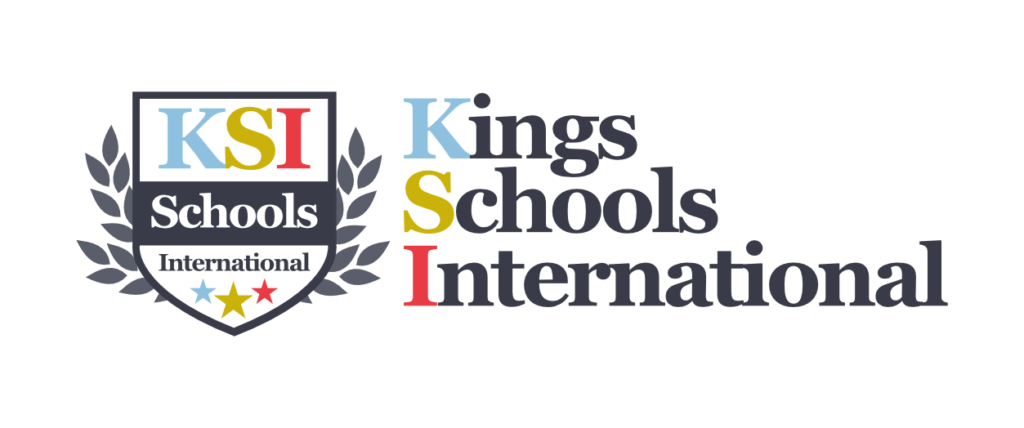Lower Secondary School Curriculum
(Year 7 - Year 9/SK ZŠ 6. - 8. ročník)
11 to 14 year old students
Pearson Edexcel iLowerSecondary (iLS) is a complete, three year programme for students between the ages of 12 and 14. Similar to the iPrimary, subjects are taught through six-weekly, cross-curricular modules while Mathematics, Languages and Sciences remaining discrete subjects. As well as the curriculum itself, the programme also comes with a wealth of support with sample Schemes of Work, exemplified Units of Work, internally assessed Progress Tests, externally assessed Achievement tests and a comprehensive Professional Development programme – all supported by world-renowned Pearson print and digital courseware.
Principles for progress
Our teachers follow ten principles that will give students the best opportunity to develop along their learning journey. These aren’t just theoretical concepts, but practical ideas that every teacher incorporate in their lessons.
In addition to the ten principles, formative assessment underpins and runs through every aspect of the programme. Knowing the students’ starting point, understanding their learning and reflecting on their development helps to ensure progress for all.
1
Engaging everyone includes techniques for ensuring that all students are involved in the lesson and participate in discussion, including whole-class question-and- answer sessions.
2
Adapting teaching to ensure that all students can access the learning according to their level and achieve good outcomes. These techniques also convey the importance of having high expectations of all students.
3
Enabling independent learning outlines ways of supporting your students to ‘have a go’ and not to be put off by challenging ideas or tasks. It also provides techniques for helping all students take more responsibility for their own progress.
4
Effective questioning by asking questions that make students think. It outlines question types (for example, closed, open, factual, conceptual, probing, discussion) and provides examples of each.
5
Teacher talk is important and we ensure to make it as effective as possible with ways of engaging students as teacher introduce new content and explain activities.
6
Collaborative activities are vital for growing student skills, and we provide lots of opportunities and encourage grouping of students and ensuring that group work is really focused and productive. We encourage students to take responsibility for their own learning and offer ways in which group work can also build confidence.
7
Teacher demonstration focuses on the teacher supporting the interpretation of the curriculum with practical examples and thus also modeling important learning behaviors.
8
Developing thinking skills by teacher encouraging students’ abilities to think critically, to problem-solve and to carry out their own mini inquiries.
9
Reflecting on learning is about getting students to think constructively about their own learning and to take control over how to make better progress.
10
Feedback (in both directions) by conducting good two-way feedback between teacher and student in order to improve learning and achievement.

